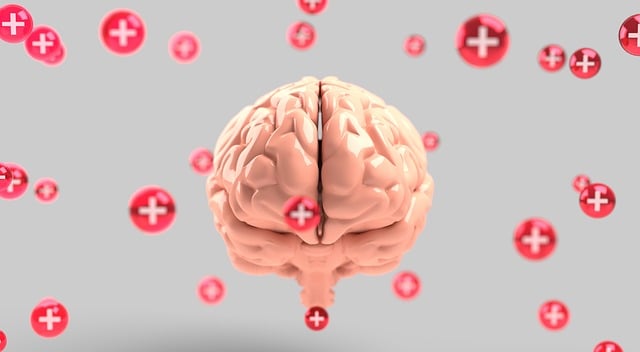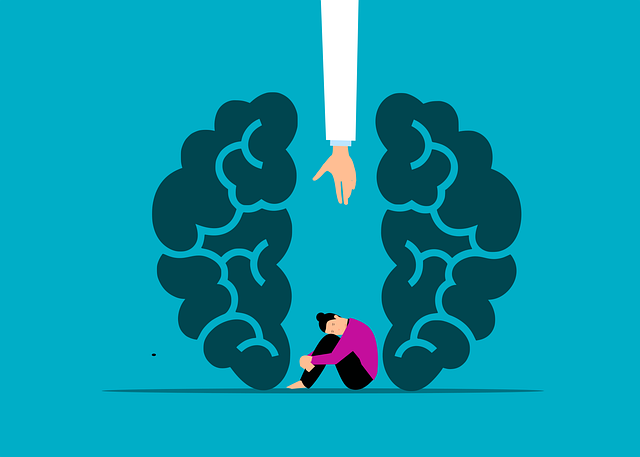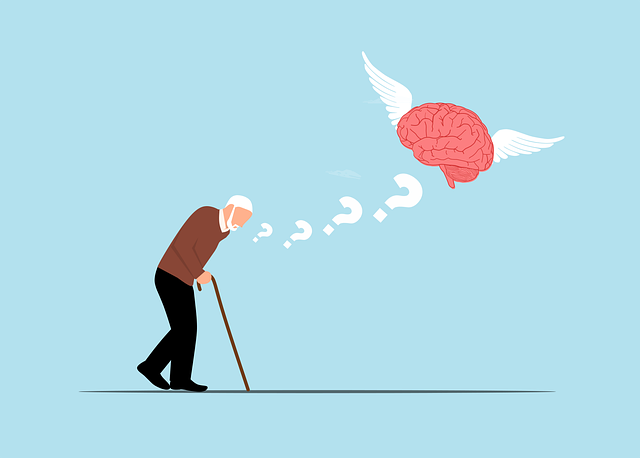Media representation of mental illness significantly shapes societal perceptions, impacting help-seeking behaviors and support systems. A balanced approach advocating for nuanced, positive portrayals, collaboration between media, mental health professionals, and affected communities is crucial. This strategy focuses on improving stress management, communication, and promoting positive thinking. Key initiatives include integrating therapy for adults (e.g., CBT) and parenting skills training, empowering individuals with self-care routines and Mind Over Matter principles to combat stigma and foster resilience, especially through open family discussions and mental wellness journaling exercises.
Mental illness representation in media has long been a topic of debate, with portrayals often perpetuating harmful stereotypes. This article challenges these narratives through a multi-faceted approach. We explore the crucial role of media in shaping public perception and offer strategies to reduce stigma. Additionally, we delve into specific solutions: empowering adults through therapy to enhance coping mechanisms and promoting mindfulness in parenting to foster supportive family environments. By addressing these areas, we aim to improve mental health discourse and support those affected.
- Understanding Mental Illness Representation in Media: A Necessary Perspective Shift
- The Impact of Media Portrayal on Public Perception and Stigma Reduction Strategies
- Empowering Through Therapy for Adults: Addressing Unique Challenges and Strengthening Coping Mechanisms
- Parenting with Mental Health Awareness: Nurturing Mindfulness and Supportive Families
Understanding Mental Illness Representation in Media: A Necessary Perspective Shift

Mental illness representation in media has long been a topic of debate. It’s essential to shift perspectives and view this not just as storytelling but as shaping public understanding and attitudes. Media platforms, from movies to TV shows and social media, often present mental health issues either through stereotypes or, increasingly, with more nuanced portrayals. This representation significantly impacts how society perceives and treats individuals struggling with mental illness, including adults seeking therapy and those parenting while managing their own challenges.
A balanced approach is crucial, where media portrays the reality of mental health struggles without sensationalizing them. Incorporating positive representations can encourage viewers to seek help and foster understanding. This shift requires collaboration between media creators, mental health professionals, and communities directly affected by these issues. By promoting accurate portrayals, we can enhance stress management and communication strategies, encourage positive thinking, and ultimately create a more supportive environment for those dealing with mental illness, both in reality and through the lens of media.
The Impact of Media Portrayal on Public Perception and Stigma Reduction Strategies

The media has a profound impact on shaping public perceptions of mental illness, often influencing how society understands and responds to various conditions. Positive and accurate representation in films, television shows, and news articles can help reduce stigma, foster empathy, and encourage individuals to seek support. On the other hand, negative or stereotypical portrayals can perpetuate misconceptions, leading to further marginalization of those living with mental health challenges. For instance, depicting characters with anxiety as weak or overreactive may contribute to the misunderstanding of anxiety disorders’ complexity.
To challenge these harmful narratives, various strategies have been employed. Encouraging self-care routine development for better mental health and promoting Mind Over Matter principles can empower individuals to take control of their well-being. Therapy for adults, including cognitive-behavioral therapy (CBT) and interpersonal psychotherapy, offers effective tools to manage symptoms and improve quality of life. Additionally, involving individuals with lived experience in media creation ensures authentic representations that challenge stereotypes and contribute to stigma reduction efforts.
Empowering Through Therapy for Adults: Addressing Unique Challenges and Strengthening Coping Mechanisms

Mental illness representation in media plays a pivotal role in shaping societal perceptions and understanding. Empowering individuals through therapy specifically designed for adults is a powerful challenge solution. This therapeutic approach addresses unique challenges faced by adults, focusing on enhancing their coping mechanisms and fostering resilience. By integrating Mind Over Matter principles, sessions delve into complex emotional issues, encouraging clients to navigate their mental health journeys with newfound confidence.
Incorporating parenting skills training within therapy has proven effective in supporting adults who are also caregivers. This holistic approach acknowledges the intersection of personal mental health and familial dynamics, offering tailored strategies to manage stress and promote emotional intelligence. Healthcare provider cultural competency training is equally vital, ensuring that support systems are sensitive to diverse cultural needs and backgrounds, thereby strengthening the overall effectiveness of therapy.
Parenting with Mental Health Awareness: Nurturing Mindfulness and Supportive Families

Parenting with mental health awareness is a crucial step towards fostering supportive families and nurturing mindfulness in both children and adults. By integrating therapy for adults into family routines, parents can model healthy coping mechanisms and open lines of communication about emotional well-being. This creates an environment where everyone feels safe to express their feelings, promoting mental wellness across generations.
Guiding children through crisis intervention techniques adapted for their age level can empower them to recognize and manage their emotions effectively. Mental wellness journaling exercise guidance, for instance, can encourage self-reflection and provide a creative outlet for processing experiences. These practices not only enhance individual mental health but also strengthen family bonds by fostering empathy and understanding.
In addressing mental illness representation in media, a multifaceted approach is crucial. By fostering understanding through therapy for adults that challenges stigmatizing narratives and empowers individuals with effective coping mechanisms, we can create a more supportive environment. Simultaneously, cultivating parenting skills centered on mindfulness and awareness helps build families that not only survive but thrive in the face of mental health challenges. Together, these strategies pave the way for reducing stigma and promoting positive mental health discourse in society.









